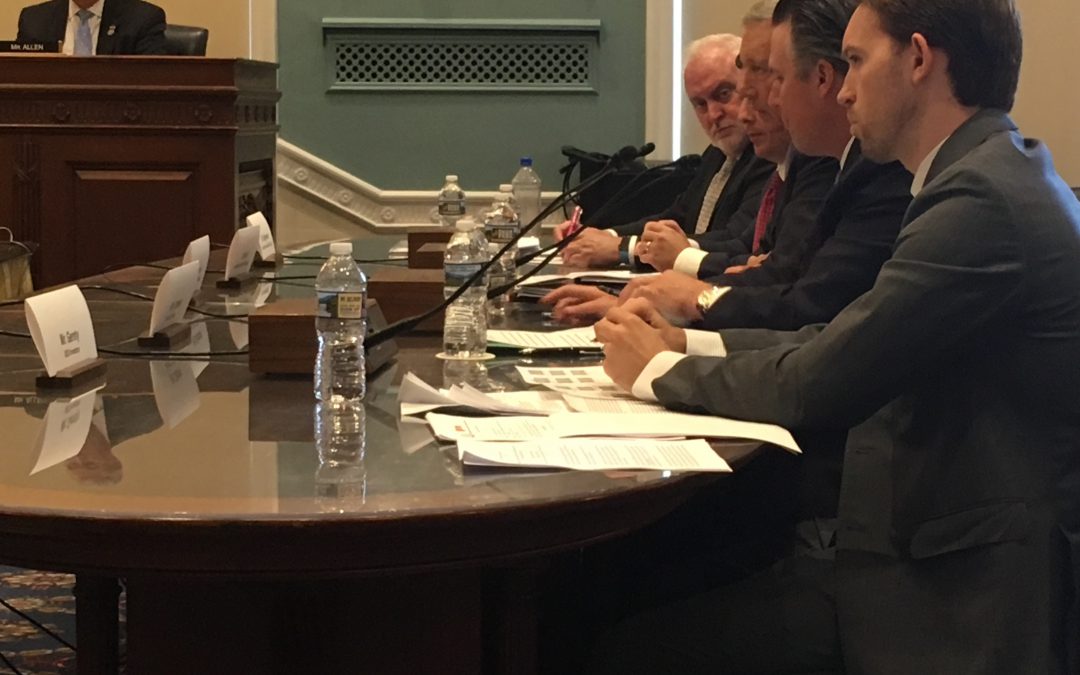WASHINGTON- Federal Reserve and Treasury Department officials as well as clearing house executives said Tuesday that clearing houses are better able to manage risk in futures contracts because of the Dodd-Frank Act and cautioned against a rollback of the financial reform law.
The House has passed and sent to the Senate a bill that seeks to roll back key provisions of Dodd-Frank, curtailing the Fed’s role as lender of last resort.
Oversight of clearing houses has come into focus, especially because of past scandals such as MF Global and Peregrine, in which farmers and traders lost money because of fraudulent practices.
Farmers, ranchers, and traders rely upon clearing houses like CME Clearing and Intercontinental Exchange to act as the neutral counterparty between seller and buyer. Their role is to “ensure the integrity of the contract, monitoring and processing every trade, limiting counterparty credit risk and mitigating the risk of default,” CME Group documents say.
“Central banks provide a key liquidity backdrop for the stresses that a clearing house may encounter,” Robert Steigerwald, senior policy advisor at the Federal Reserve Bank of Chicago, said to the House Agriculture Committee. The committee held a hearing to review clearing houses’ ability to manage risk now and under the proposed rollback of Dodd-Frank.
If a clearing house’s private sector liquidity arrangements (back up banks) become unreliable as the result of market stress, they may need central bank liquidity as a backstop, Steigerwald said. A weakened Dodd Frank could compromise the Fed’s role as providing emergency liquidity, he said.
In its ability to regulate markets, CME group stands out, as it has recently earned the title of Clearing House of the Year by GlobalCapital for its efforts.
CME’s Family Farmer and Rancher Protection Fund, for instance, provides up to $25,000 to individual family farmers and ranchers and $100,000 to agricultural co-ops who use CME Group markets to hedge their crops and livestock that feed the world.
“Clearinghouses like CME are built to ensure that even if somebody fails, there is no risk,” said Jerrod Saltzman of CME Group. “If you are a participant, you must contribute to a guarantee fund. This contribution is how much risk you bring to the Clearinghouse. In addition, we want you to put up that money as collateral. The safest place to put that money is the Federal Reserve.”
Saltzman testified that there is no debt built up in the system. The clearinghouse does risk-based compliance reviews of all of its members, who must pass the liquidity test and rules of the Commodities Futures Trading Commission.
“If somebody fails to make a deposit, we can declare them a default,” Saltzman said. “The disaster you are concerned with is when two major banks fail simultaneously. We have set up our money flows to protect even if four major banks in our system fail. The one thing we need to do is make our access to the Fed window to borrow on Treasuries more expeditious than it currently is,” he said.
Former Assistant Treasury Secretary for Financial Institutions Amias Gerety said that the provisions of Dodd-Frank are indispensable to the market.
“Dodd-Frank made our derivatives markets safer and more stable,” Gerety said. “Derivatives acted as the single most volatile aspect of the last economic crisis. Dodd-Frank gave the CFTC and (Securities and Exchange Commission) the authority to oversee derivatives markets.”

